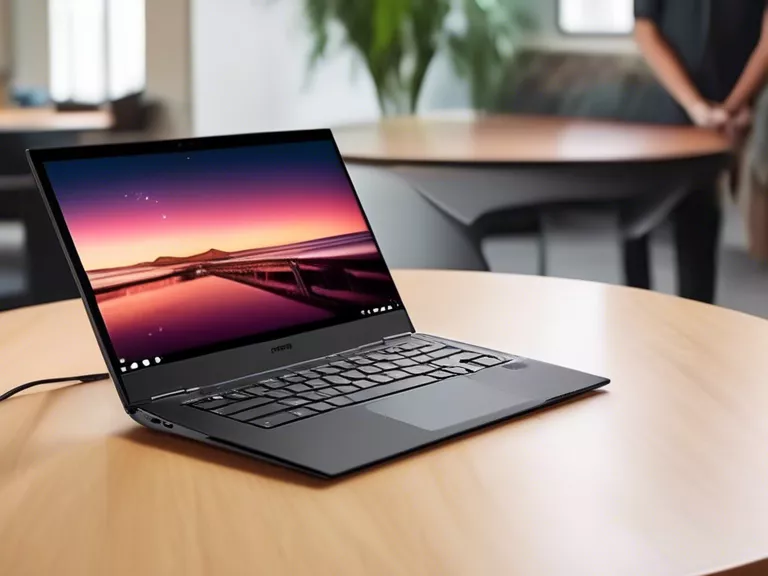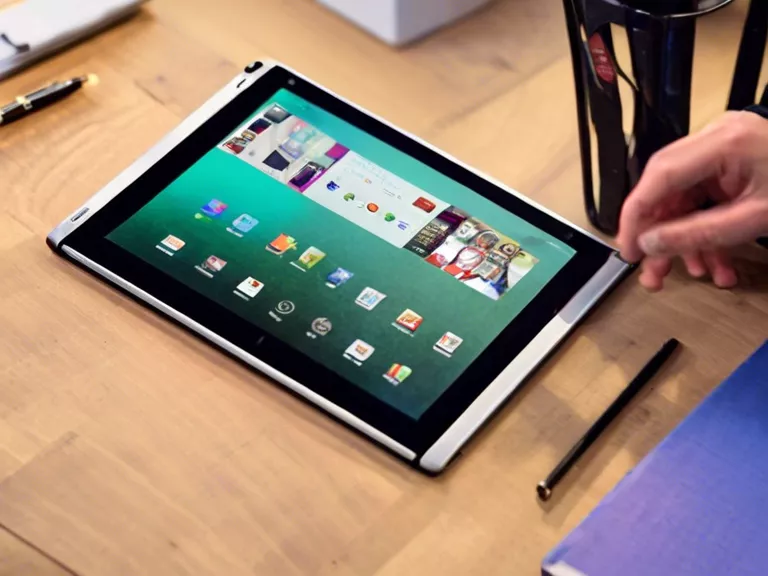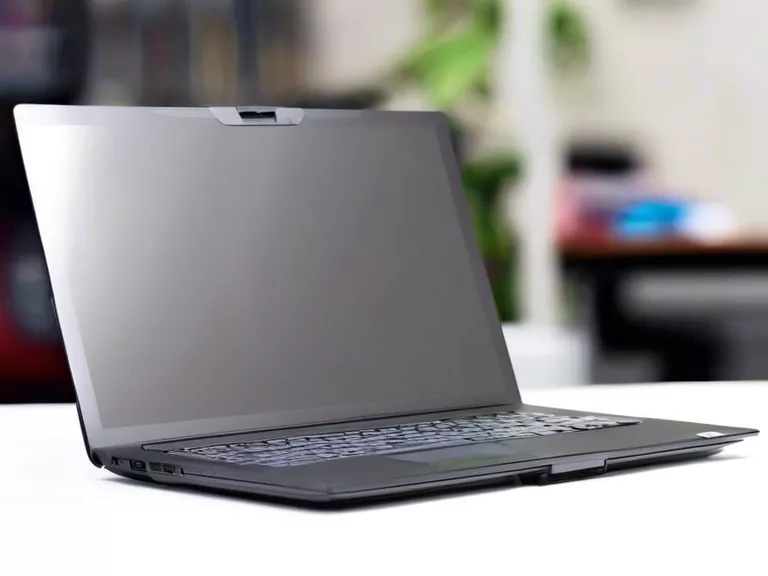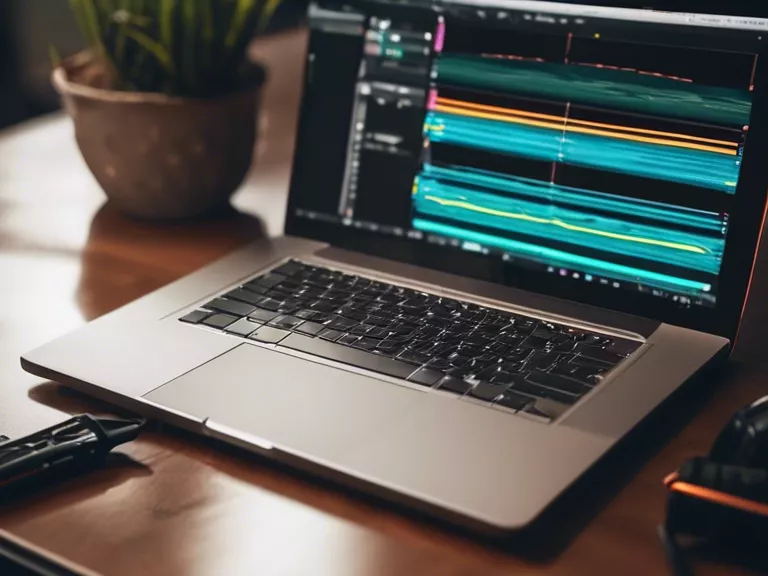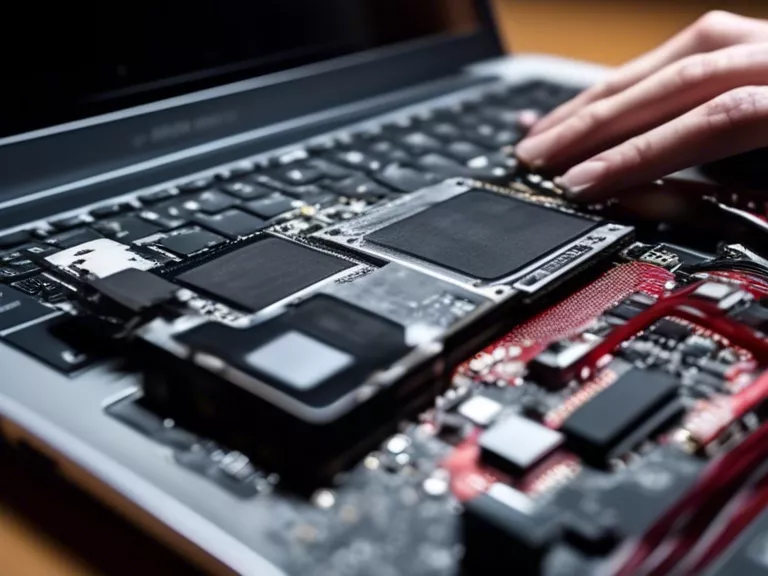
Top tips for troubleshooting common laptop performance issues like overheating
Introduction
Laptops are essential tools for work, school, and entertainment, but they can sometimes suffer from performance issues like overheating. Overheating can lead to decreased performance, system crashes, and even hardware damage if not addressed promptly. In this article, we will explore some top tips for troubleshooting common laptop performance issues, focusing on preventing and addressing overheating.
Tips for troubleshooting overheating
Keep it clean: Dust and debris can accumulate inside your laptop, blocking air vents and causing overheating. Regularly clean the vents and fans with compressed air to ensure proper airflow and cooling.
Elevate the laptop: Laptops are designed to dissipate heat through vents on the bottom. Elevating your laptop with a cooling pad or stand can improve airflow and prevent overheating.
Monitor temperature: Install temperature monitoring software to keep an eye on your laptop's internal temperature. If it consistently runs hot, consider adjusting power settings or using a laptop cooler.
Optimize performance: Running too many programs simultaneously can strain your laptop's resources and lead to overheating. Close unnecessary programs and consider upgrading your hardware if performance issues persist.
Check for software updates: Outdated software can sometimes cause your laptop to work harder than necessary, resulting in overheating. Make sure all your operating system and driver updates are current.
Conclusion
By following these top tips for troubleshooting common laptop performance issues like overheating, you can ensure that your laptop runs smoothly and efficiently. Remember to keep your laptop clean, monitor its temperature, optimize performance, and check for software updates regularly to prevent overheating and maintain peak performance.
